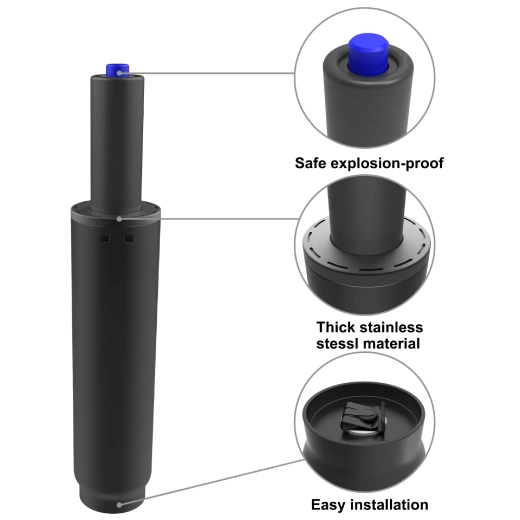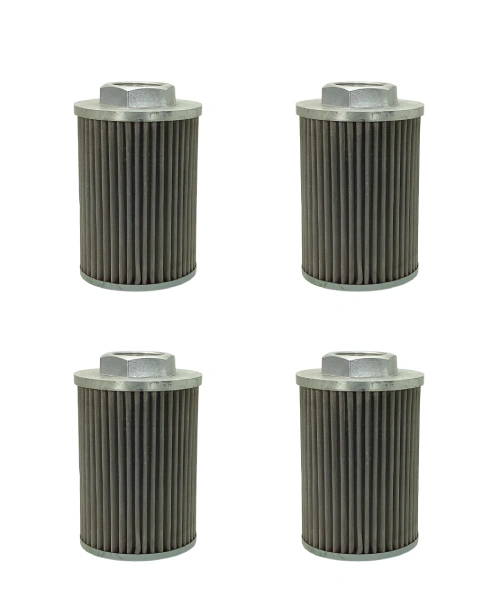When users search “Why do slides have weight limits?” they're often troubleshooting a real problem: a sagging kitchen drawer, a jammed workshop cabinet, or a failed industrial storage unit. But beyond immediate fixes, this question opens the door to a deeper understanding of mechanical engineering, material science, and functional design. Drawer slides—whether in a luxury kitchen or a factory tool cart—are precision components with carefully calculated performance boundaries. Their weight limits aren't arbitrary; they reflect real physical constraints related to metal fatigue, bearing capacity, mounting integrity, and lifecycle durability. This article explores the technical rationale behind these limits, how they're determined, and why exceeding them—even slightly—can compromise safety and longevity.
Why Do Slides Have Weight Limits? The Physics of Load, Friction, and Material Fatigue
At first glance, a drawer slide seems simple: two metal heavy duty cabinet slides with ball bearings that let a drawer glide in and out. But under load, complex forces come into play. Why do slides have weight limits? Because every component—steel thickness, ball bearing size, raceway geometry, and bracket design—has a finite capacity to resist deformation, wear, and failure.
When a drawer is loaded, the weight creates:
Bending stress on the heavy duty cabinet slides, especially near mounting points.
Compressive force on the ball bearings and raceways.
Shear stress on screws and cabinet walls.
Over time, repeated cycling under excessive weight accelerates metal fatigue, leading to permanent sagging, binding, or even catastrophic bracket pull-out. The advertised weight limit—often called the dynamic load rating—represents the maximum weight a slide can support over its expected lifecycle (typically 50,000+ open/close cycles) without significant degradation.
For heavy duty rails for drawers, this rating is even more critical. A slide rated for 500 lbs isn't just “stronger”—it uses thicker cold rolled steel, larger bearings, and wider profiles (like Filta's 53mm design) to distribute stress more evenly and resist torsional twist in wide drawers.

How Are Weight Limits Determined? Standards, Testing, and Real-World Variables
Manufacturers don't guess weight limits—they test them. Reputable brands follow standards like ANSI/KCMA (Kitchen Cabinet Manufacturers Association) or ISO 14001, which define rigorous protocols for load testing, cycle life, and environmental resistance.
During testing, a slide is:
Mounted in a standardized cabinet frame.
Loaded to a specific weight (e.g., 100 lbs, 250 lbs, 500 lbs).
Cycled open and closed tens of thousands of times.
Inspected for smoothness, deflection, and structural integrity.
However, real world conditions often differ:
Uneven loading (e.g., a heavy drill placed at the front of a drawer) creates leverage that multiplies stress.
Soft mounting materials (like particleboard) can fail before the slide does.
Humidity, temperature, and chemical exposure degrade lubricants and coatings.
This is why heavy duty drawer rails designed for industrial or commercial use often include features like corrosion resistant finishes, pre-lubricated bearings, and reinforced brackets—engineering responses to the gap between lab tests and field reality.
Consequences of Exceeding Weight Limits: From Annoyance to Hazard
Ignoring weight ratings might seem harmless—until it isn't. Common consequences include:
Binding and Sticking: Overloaded slides increase friction, making drawers hard to open or close. Users often force them, accelerating wear.
Drawer Sag and Misalignment: The front of the drawer droops, causing gaps, uneven fronts, or interference with adjacent cabinets.
Bracket Failure: Screws pull out of cabinet walls, especially in engineered wood. In extreme cases, the entire drawer can detach.
Safety Risks: In medical, laboratory, or industrial settings, a collapsing drawer full of heavy tools or equipment poses a genuine injury hazard.
This is where heavy duty cabinet rails with verified high capacity ratings become essential. For example, Filta's 53mm-wide heavy duty cabinet slides are built with cold rolled steel and full extension ball bearing systems that maintain smooth operation even near their upper load limits—provided those limits aren't exceeded.
Choosing the right slide isn't about “more is better”—it's about matching the hardware to the actual use case. A kitchen spice drawer doesn't need 500-lb rails, but a garage tool cabinet absolutely does.
Frequently Asked Questions About Drawer Slide Weight Limits
Q: Why do slides have weight limits if they're made of steel?
A: Even steel deforms under sustained stress. Weight limits account for long term fatigue, not just immediate strength.
Q: Can I double the capacity by using two sets of slides?
A: Not reliably. Unless the load is perfectly balanced, one set will bear more weight. It's better to choose a single higher capacity slide.
Q: What's the difference between static and dynamic weight ratings?
A: Dynamic rating (what's advertised) is for moving loads. Static rating—how much it holds when stationary—is usually higher, but not relevant for daily use.
Q: Are heavy duty rails for drawers worth the extra cost?
A: Yes, if you're storing heavy items like cast iron, power tools, or server equipment. The heavy duty cabinet slides offer better stability, longevity, and safety.
Q: How do I know if my drawer is overloaded?
A: Signs include difficulty opening/closing, visible sag, noise during movement, or screws pulling out of the cabinet.
Q: Do all heavy duty drawer rails have the same weight limit?
A: No. Capacity varies by material thickness, bearing quality, slide width, and extension type. Always check technical specs from your supplier—not just marketing claims.
In conclusion, the question “Why do slides have weight limits?” reveals a fundamental truth: hardware is engineered, not incidental. Every heavy duty cabinet slide, heavy duty cabinet rail, or heavy duty drawer rail is a balance of physics, materials, and intended use. Respecting these limits isn't about restriction—it's about ensuring smooth, safe, and reliable performance for years to come. Whether you're outfitting a home kitchen or an industrial workshop, understanding the “why” behind the rating helps you choose wisely and build with confidence.
Discover Filta's precision crafted heavy duty rails for drawers —engineered for lasting durability, modern aesthetics, and the demands of contemporary living. Elevate your interiors with Filta heavy duty drawer rails that delivers smooth operation, reliable performance, and refined elegance. Reach out to us at tony@wzhardware.cn.


